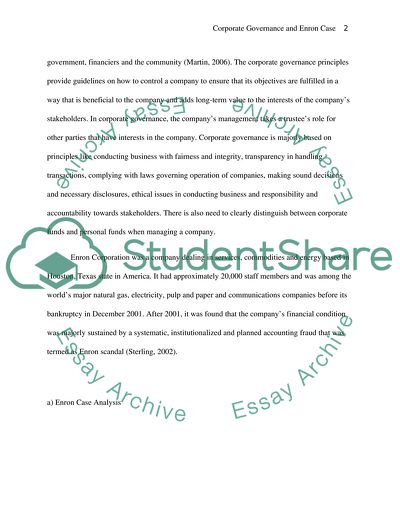Cite this document
(“Corporate governance Essay Example | Topics and Well Written Essays - 2750 words”, n.d.)
Corporate governance Essay Example | Topics and Well Written Essays - 2750 words. Retrieved from https://studentshare.org/finance-accounting/1674750-corporate-governance
Corporate governance Essay Example | Topics and Well Written Essays - 2750 words. Retrieved from https://studentshare.org/finance-accounting/1674750-corporate-governance
(Corporate Governance Essay Example | Topics and Well Written Essays - 2750 Words)
Corporate Governance Essay Example | Topics and Well Written Essays - 2750 Words. https://studentshare.org/finance-accounting/1674750-corporate-governance.
Corporate Governance Essay Example | Topics and Well Written Essays - 2750 Words. https://studentshare.org/finance-accounting/1674750-corporate-governance.
“Corporate Governance Essay Example | Topics and Well Written Essays - 2750 Words”, n.d. https://studentshare.org/finance-accounting/1674750-corporate-governance.


